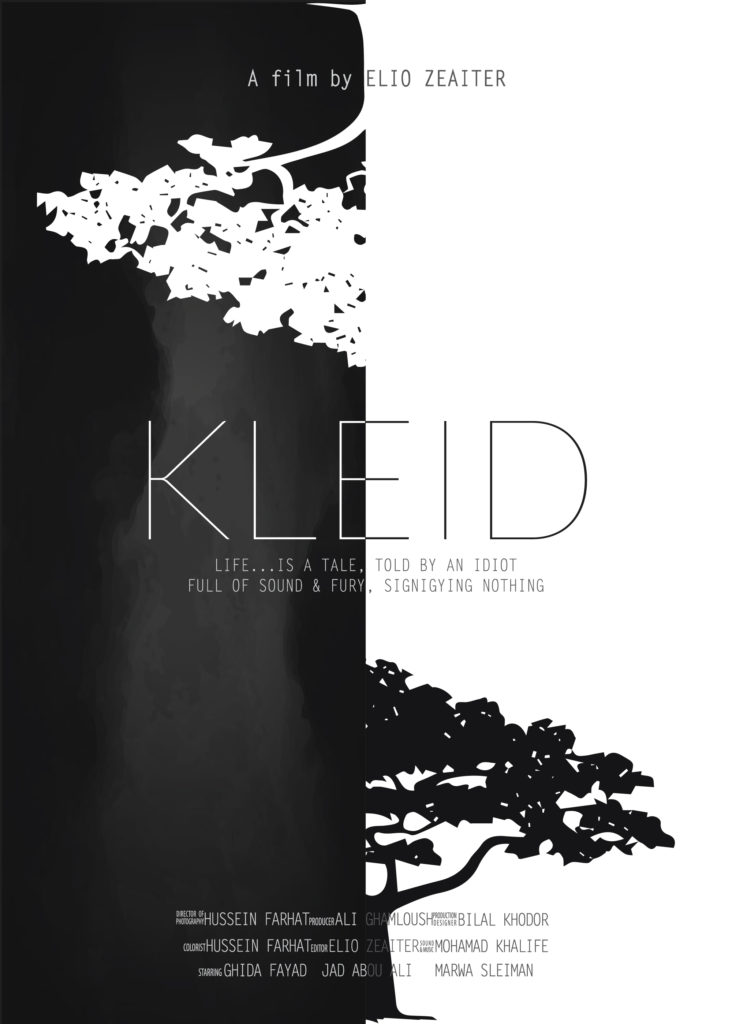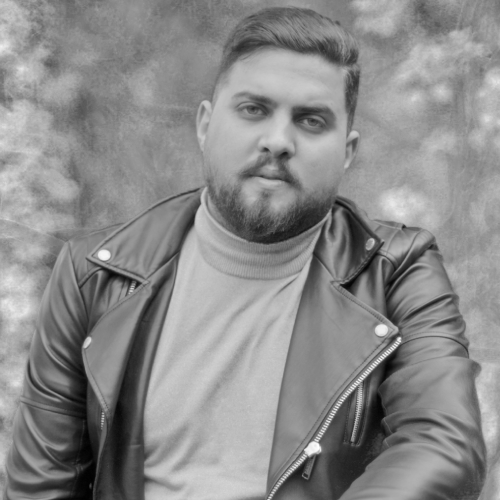Art can revolutionize our present and future

Arleb by Nabad interviews Beirut based filmmaker, writer, producer and visual artist Elio Zeaiter who is passionate about arts, aesthetics and philosophy, and who believes art to be at the top of society’s hierarchy. In that sense, according to Zeaiter, artists are the ones who have the energy that can contribute to change, to revolutionize the present, and to call for action for a better future.
Arleb by Nabad – What is the experience that has influenced your work the most, and which subjects are you working on?
Elio Zeaiter – The experience is a film by Terrence Malick, “Tree of Life”, and the themes I am working on are love, nature, beauty, human conflicts, poetry and women.
Arleb by Nabad – What is your creative process like?
Elio Zeaiter – I care a lot about the details that pass in front of me, the past and the present. I like to dive into the soul, and I try to find a link that makes me able to create a pattern of expression.
Arleb by Nabad – What was the impact of the Beirut port explosions (August 4, 2020) on your work as an artist/creative enterprise?
Elio Zeaiter – They made me reconsider all my work and pushed me to work intensively, although the situation is getting worse, but I have hope. I feel a strange energy telling me, ‘Let’s work.’
Arleb by Nabad – What are, according to you, the roles of arts and culture in social, economic, environmental or political change?
Elio Zeaiter – Art is the most effective means that can bring about efficacious and visible change, as art particularly affects the consciousness of the recipients, so art can have a fundamental role in criticizing economic and social policies, as well as highlighting the risks resulting from human activities.
Arleb by Nabad – What are, according to you, the main challenges/obstacles facing artists/creative enterprises in Lebanon nowadays?
Elio Zeaiter – The existing funding opportunities are almost nonexistent, the accessibility of the artists is uneven, and there is a clear absence of interaction between society and art, so we see the public of art is mostly rich people, and in the Lebanese case, it means that the art audience is too small because the rich have become a minority.
CHECK OUT ELIO ZEAITER PROFILE AND ARTWORKS FOR SALE ON ARLEB.

